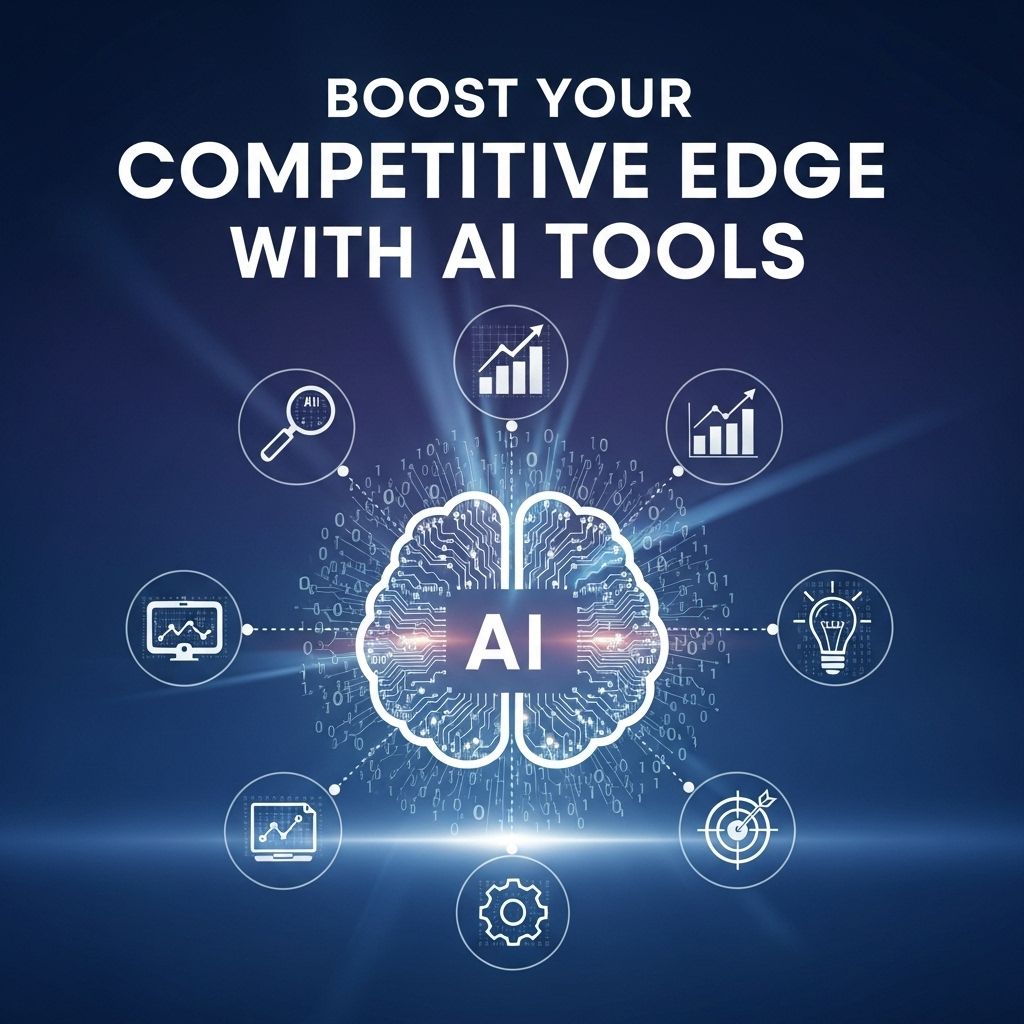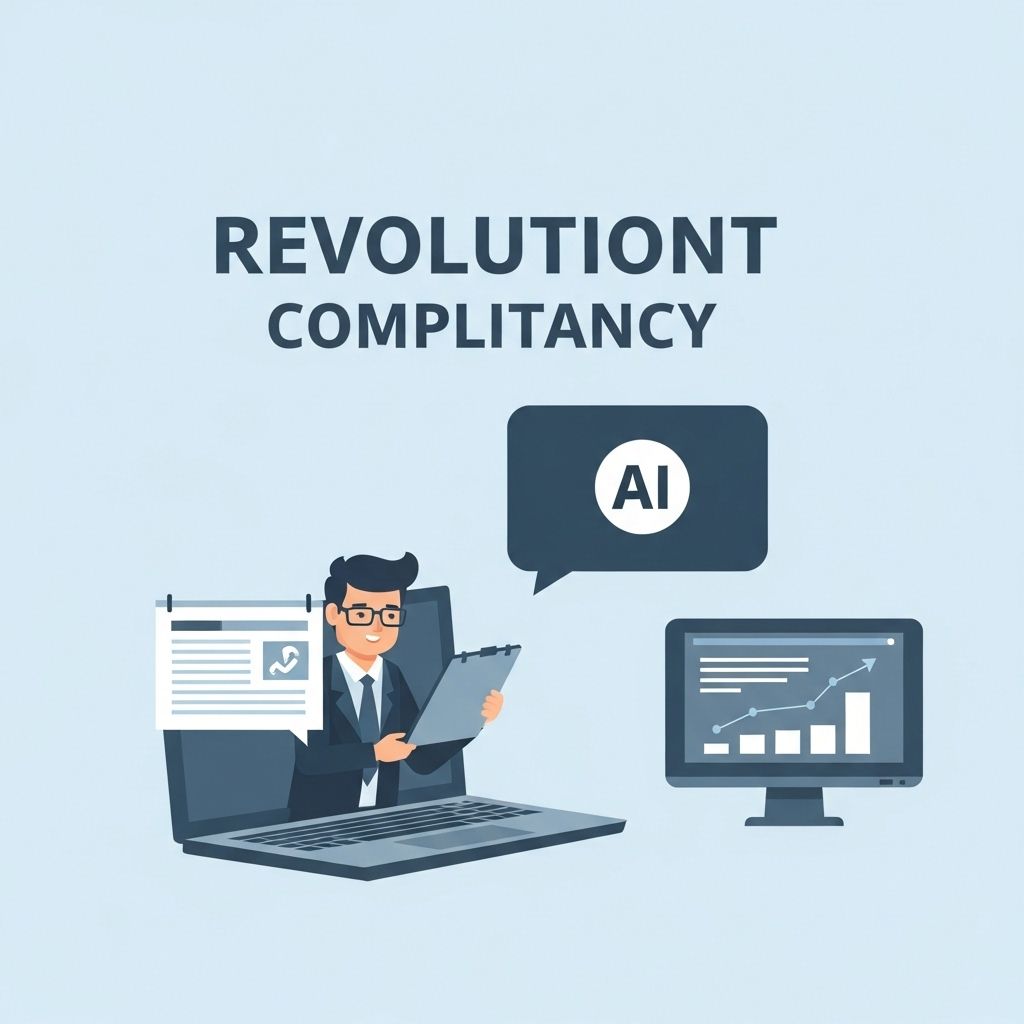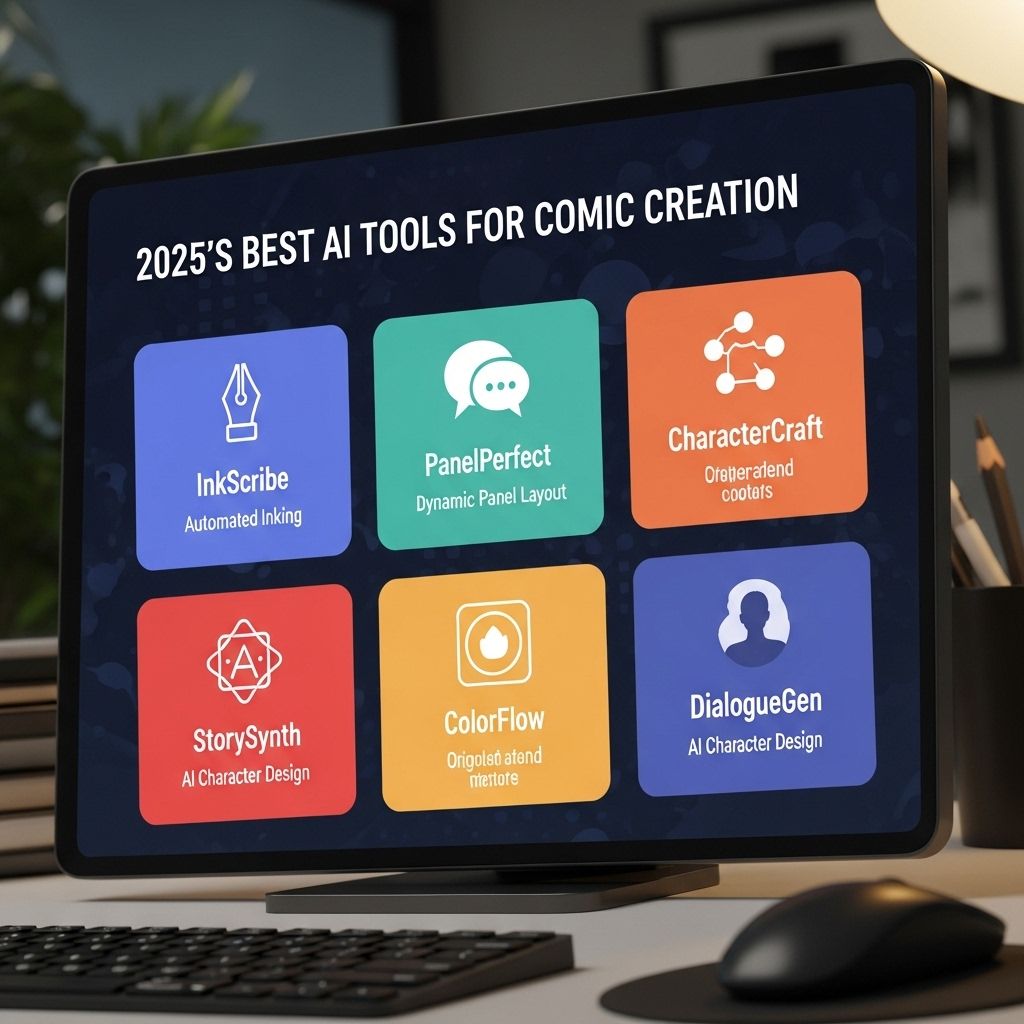Boost Your Competitive Edge with AI Tools
Discover how AI tools can enhance your business strategy and give you a competitive advantage in today's market.

In today’s fast-paced digital landscape, staying ahead of the competition requires not just hard work but also the integration of sophisticated tools and technologies. Artificial Intelligence (AI) has emerged as a game changer, offering a plethora of solutions that can enhance efficiency, improve decision-making, and drive innovation. This article delves into various AI tools that can boost your competitive edge, allowing your business to thrive in an ever-evolving market.
In today’s fast-paced business landscape, leveraging AI tools can significantly enhance your competitive edge. By utilizing technologies like 3D logo mockups, you can create compelling visual representations that captivate your audience. To understand the impact of 3D mockups on your branding, see how to use 3D mockups effectively.
Table of Contents
The Role of AI in Business Strategy
AI plays a crucial role in modern business strategies by automating processes and providing valuable insights. Businesses that leverage AI can:
- Enhance productivity: Automate repetitive tasks.
- Improve decision-making: Analyze data faster and more accurately.
- Innovate products: Create smarter solutions based on consumer behavior.
- Personalize customer experiences: Tailor offerings to meet individual needs.
Types of AI Tools That Can Make a Difference
There are various AI tools available, each designed to address specific challenges faced by businesses. Here are some categories of AI tools that can help you maintain a competitive edge:
1. Data Analytics Tools
Data analytics is at the core of AI, allowing businesses to make informed decisions.
| Tool | Description | Key Features |
|---|---|---|
| Google Analytics | Tracks and reports website traffic. | Real-time data, user segmentation, conversion tracking |
| Tableau | Visualizes data for better understanding. | Easy-to-use interface, drag-and-drop functionality, deep insights |
| IBM Watson Analytics | AI-driven analytics platform. | Natural language processing, predictive analytics, data visualization |
2. Customer Relationship Management (CRM) Systems
AI-powered CRM systems enhance customer interactions and manage relationships effectively.
- Salesforce: Offers AI-driven insights to streamline sales processes.
- HubSpot: Provides marketing automation and robust customer tracking.
- Zoho CRM: Features AI tools for predictive sales analytics.
3. Marketing Automation Tools
These tools help businesses automate their marketing efforts, leading to more effective campaigns.
- Mailchimp: Uses AI to optimize email marketing campaigns.
- Marketo: Provides lead management and analytics.
- Hootsuite: Automates social media posting and engagement.
Enhancing Productivity with AI
One of the most immediate benefits of AI tools is the ability to enhance productivity across various business functions.
1. Automating Repetitive Tasks
AI can handle mundane tasks, allowing employees to focus on more strategic activities.
- Chatbots for customer service inquiries.
- AI writing assistants for content creation.
- Automated data entry and processing.
2. Streamlining Operations
AI tools can help identify inefficiencies and optimize workflows.
- Supply Chain Optimization: AI algorithms can forecast demand and manage inventory.
- Project Management: AI-driven tools can predict project timelines and resource allocation.
- Human Resource Management: AI can assist in recruitment and employee engagement analytics.
AI in Product Development
AI is revolutionizing product development by enabling businesses to create innovative solutions that meet customer needs.
1. Predictive Analytics
Using historical data, predictive analytics tools can forecast trends and guide product development.
- Risk Assessment: Identify potential risks in product launch.
- Market Trends: Analyze customer behavior to inform new features.
2. Prototyping and Testing
AI tools allow for rapid prototyping and real-time testing, saving time and resources.
| Tool | Functionality | Benefits |
|---|---|---|
| AutoCAD | Design and draft 2D and 3D models. | Speedy design revisions, digital prototyping |
| Fusion 360 | Cloud-based CAD/CAM software. | Collaboration, iterative design cycles |
| MATLAB | Allows data analysis and algorithm development. | High-performance computing for simulations |
Challenges and Considerations
While integrating AI tools into your business strategy is essential, it’s crucial to be aware of potential challenges:
1. Data Privacy and Security
As more businesses rely on data, safeguarding customer information is critical. Implement data protection strategies to mitigate risks.
2. Skills Gap
There may be a skills gap in the workforce. Invest in training programs to enhance AI literacy among employees.
3. Implementation Costs
AI tools can be expensive. Carefully assess ROI before committing to a long-term investment.
Conclusion
Incorporating AI tools into your business strategy is not just an option—it’s a necessity for staying competitive. From improving operational efficiency to driving innovative product development, AI can significantly enhance your business outcomes. By understanding and leveraging the right AI tools, you can position your business for success in an increasingly digital world.
FAQ
What are AI tools and how can they boost my competitive edge?
AI tools are software applications that utilize artificial intelligence to analyze data, automate tasks, and enhance decision-making. They can help businesses streamline operations, improve customer insights, and drive innovation, ultimately giving you a competitive advantage.
Which AI tools are best for improving business efficiency?
Some of the best AI tools for improving business efficiency include machine learning platforms like TensorFlow, natural language processing tools like IBM Watson, and robotic process automation software like UiPath. These tools can help optimize workflows and reduce operational costs.
How can AI tools enhance customer experience?
AI tools can enhance customer experience by providing personalized recommendations, automating customer service through chatbots, and analyzing customer feedback to improve products and services. This leads to higher satisfaction and loyalty.
Are AI tools suitable for small businesses?
Yes, AI tools are suitable for small businesses as they can help level the playing field by automating tasks, providing insights from data analytics, and enhancing marketing strategies without requiring extensive resources.
What challenges might I face when implementing AI tools?
Challenges in implementing AI tools may include data privacy concerns, the need for employee training, integration with existing systems, and the initial investment costs. However, overcoming these challenges can lead to significant long-term benefits.
How can I measure the success of AI tools in my business?
You can measure the success of AI tools by tracking key performance indicators (KPIs) such as increased productivity, cost savings, customer satisfaction scores, and revenue growth. Regularly reviewing these metrics will help you assess the effectiveness of your AI strategies.








